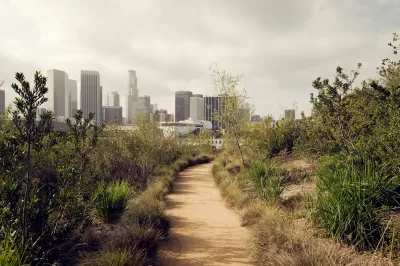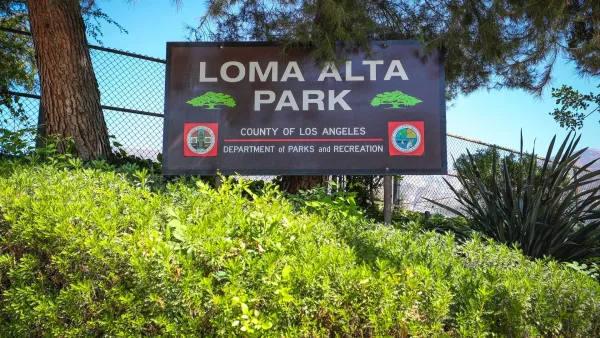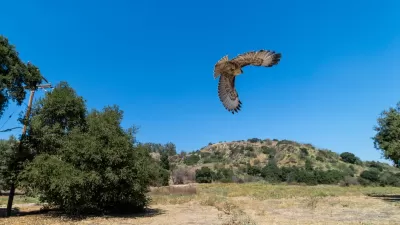Parks are vital to sustainability, providing environmental, economic, and social benefits that improve public health, support biodiversity, and promote equity, as recognized in Los Angeles County’s OurCounty Plan.

Parks are central to sustainable planning, providing vital environmental, economic, and social benefits. They act as green infrastructure, supporting biodiversity, mitigating heat islands, and managing stormwater to reduce flooding. Parks also contribute to economic sustainability by attracting tourism, generating jobs, and reducing healthcare costs through the promotion of physical and mental well-being. Their role in fostering social sustainability is critical, as they serve as inclusive spaces for communities, enhancing social cohesion and offering opportunities for education, recreation, and cultural activities.
In Los Angeles County, the OurCounty Sustainability Plan recognizes the importance of parks in achieving a sustainable, equitable, and resilient future. The plan integrates findings from the Countywide Parks Needs Assessment and supports the implementation of Community Parks and Recreation Plans to address the disparities in park access in park-poor communities. The plan also highlights the urgency and need to advance park equity and promote environmental justice, particularly in underserved and marginalized communities, by ensuring park access and availability for all residents.
In addition, the plan emphasizes the connection between parks and public health, recognizing that parks can effectively help to combat chronic diseases and alleviate mental health issues. Social equity is a guiding principle of the OurCounty Plan, with a focus on engaging local residents in sustainability efforts, including park planning, design, and development. This participatory approach ensures that parks reflect community desires and needs, fostering a sense of ownership and contributing to a more sustainable and resilient Los Angeles County.
FULL STORY: Parks as a Cornerstone of Sustainability

Planetizen Federal Action Tracker
A weekly monitor of how Trump’s orders and actions are impacting planners and planning in America.

Maui's Vacation Rental Debate Turns Ugly
Verbal attacks, misinformation campaigns and fistfights plague a high-stakes debate to convert thousands of vacation rentals into long-term housing.

San Francisco Suspends Traffic Calming Amidst Record Deaths
Citing “a challenging fiscal landscape,” the city will cease the program on the heels of 42 traffic deaths, including 24 pedestrians.

Amtrak Rolls Out New Orleans to Alabama “Mardi Gras” Train
The new service will operate morning and evening departures between Mobile and New Orleans.

The Subversive Car-Free Guide to Trump's Great American Road Trip
Car-free ways to access Chicagoland’s best tourist attractions.

San Antonio and Austin are Fusing Into one Massive Megaregion
The region spanning the two central Texas cities is growing fast, posing challenges for local infrastructure and water supplies.
Urban Design for Planners 1: Software Tools
This six-course series explores essential urban design concepts using open source software and equips planners with the tools they need to participate fully in the urban design process.
Planning for Universal Design
Learn the tools for implementing Universal Design in planning regulations.
Heyer Gruel & Associates PA
JM Goldson LLC
Custer County Colorado
City of Camden Redevelopment Agency
City of Astoria
Transportation Research & Education Center (TREC) at Portland State University
Jefferson Parish Government
Camden Redevelopment Agency
City of Claremont





























